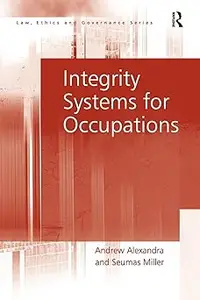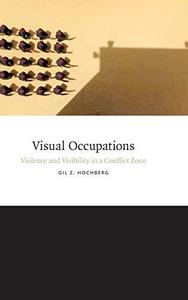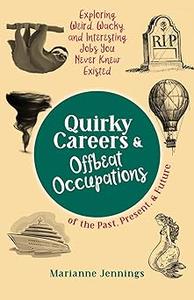
Free Download Andrew Alexandra, "Integrity Systems for Occupations "
English | ISBN: 1138276928 | 2016 | 150 pages | EPUB | 1437 KB
An integrity system is an integrated assemblage of institutional mechanisms, designed to minimize ethical misconduct and promote ethical health in institutions, organizations, occupations and the like. This book analyses, describes and demonstrates the value of well-designed integrity systems for efficient, effective and ethically sustainable practice, in occupational groups in particular. Developing a blueprint for the design of integrity systems which can be tailored to the specific ethical needs of different occupational groups, this book furthers the general project of ethically informed institutional design (‘designing-in’ ethics). The approach taken reflects the authors’ academic background in professional ethics, as well as their extensive experience in the application of ethical theories and perspectives to the problems and challenges encountered by various occupational groups, such as accountants, business people, lawyers, doctors, nurses, social workers, engineers, emergency service workers and police.

